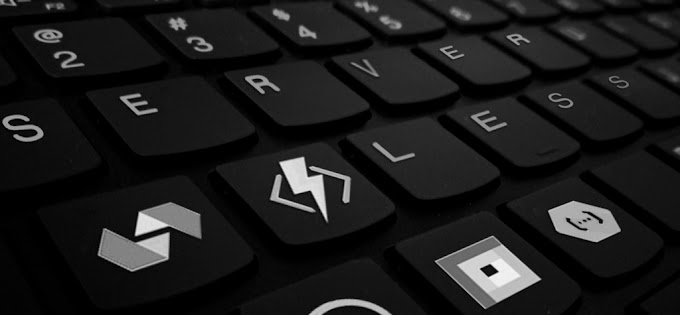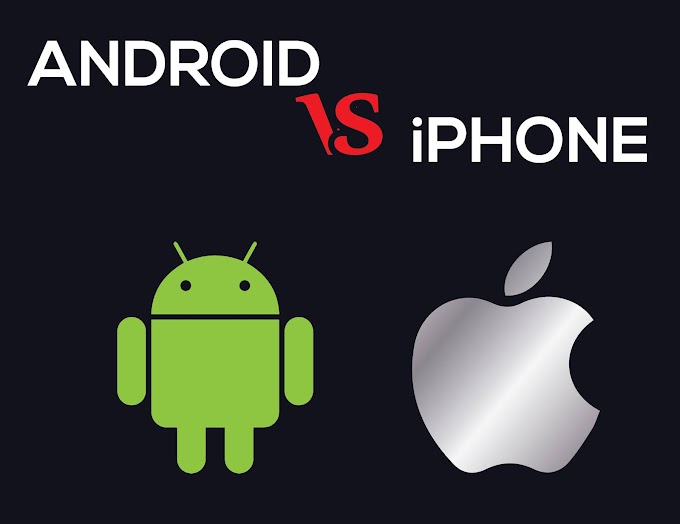Android vs iOS, which operating
system is safer?
Both OS and
Android have caused serious security problems.
Apple is closed type, Android is open type... Security has 1 chapter 1 layer each
Now, both iOS and Android are providing secure enterprise applications. The security level of these applications is much higher than that of ordinary users. Both OSes separate enterprise data and user profile data, and secure space for work. In addition, it has high-level technologies such as data encryption for specific apps, so networking is also kept safe.
However, both OSs have caused or experienced serious security problems in the past. Both are sometimes exposed to malware attacks. Of course, the frequency of attacks is overwhelming in Android, which may be a bit unfair for iOS, but the two are not very different in that they did not provide a completely safe environment. In addition, both environments use an unnecessary stigma due to the existence of an unofficial app store.
So, what are some of the famous vulnerabilities found on these two platforms? In the case of Android, Stage fright is famous, and in iOS, a number of loopholes have been discovered that allow standard code to be executed directly with app permissions, ignoring all security devices. Of course, these are problems that can be solved by installing the latest version of Android or iOS, but no one knows what vulnerabilities await in the future.
In fact, Google Android is open source. So many people think that there are more security problems. However, the reality is not necessarily the same. Rather, just as Android has accelerated its development thanks to its open source structure, it is also very fast that security issues are resolved when they are discovered. Conversely, the preconceived notion that a closed iOS environment will be more secure also contains errors. Since it is closed, it has a safe side, but it is also because the disclosure or resolution of vulnerabilities is slow.
In terms of security, the biggest difference between the two systems is the way they are updated and deployed. The weakness of Android's update distribution method is that it allows numerous versions to be used in real time depending on the user. Several Android versions can be found within a company or department. Because OS updates are left to the user's individual choice, and app compatibility issues do not occur very often, many users ignore the update warning display. In other words, as an Android OS update developer, you have to solve all the security problems of numerous versions.
What about iOS? In addition, most of Apple's devices are locked, making investigations more difficult. Apple has control over the underlying device infrastructure, and it won't give up.
Even in the process of checking before registering an app, Apple demonstrates unchanging strictness. Compared to Android apps, iOS apps have to go through a strict and meticulous inspection process, and only apps that meet the criteria set by Apple are selected and registered in the app store. Google's inspection process isn't lax, but it's lax compared to Apple's. For example, there is one Android photo app called Meitu, which is set to access location, phone status, and user information. Even though this is information that has nothing to do with photo editing. However, the app is on the Google Play Store.
So, which of Android and iOS is safer for businesses? The most honest answer to this is'every day is different'. It could be iOS today and Android tomorrow. When something like Stage flight rises above the surface, Android becomes a very vulnerable environment, and so does Apple when iOS malware is discovered.
For most consumers who can't afford to use both, the smartest selection criteria are: Doesn't it matter if you leave the security issues on your device, which you bought for private money, to the manufacturer? Is it more comfortable on that side? If so, iOS is a better choice. iOS is very stubborn when it comes to security and has a high standard for app registration, but it's safe enough to keep that attitude. However, if you want to protect your own device yourself and trust the fast self-cleaning ability of a community with multiple users rather than a single company, Android is a natural option.





